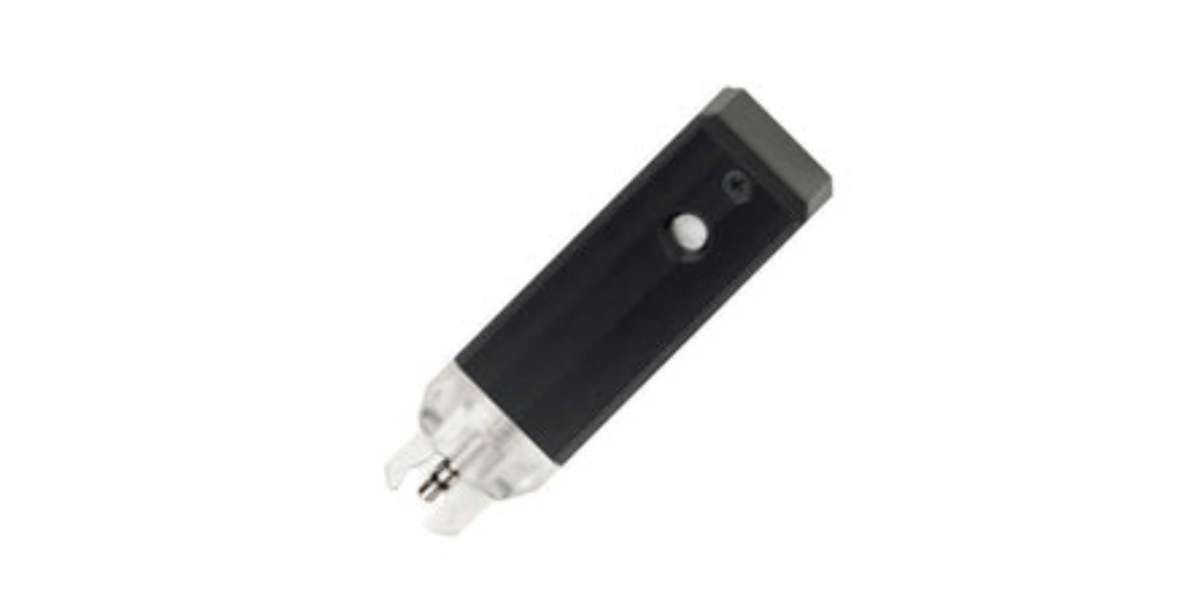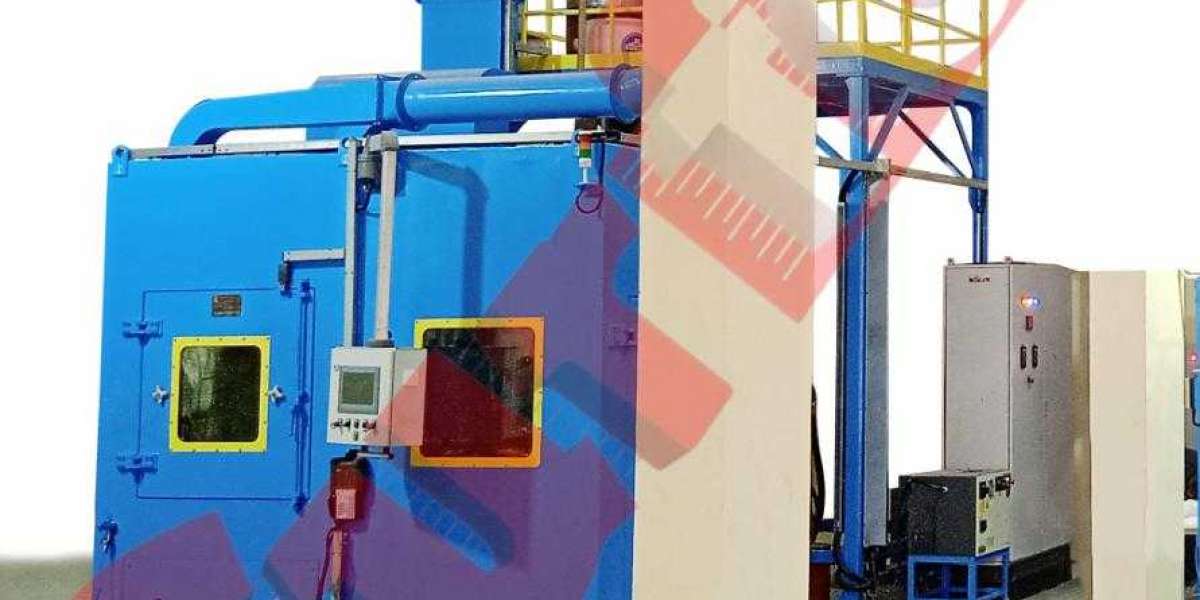Accurate carbon dioxide measurement is crucial in a wide range of industries, from environmental monitoring to manufacturing and healthcare. Carbon dioxide (CO₂) plays a vital role in various processes, and maintaining its proper levels is essential for safety, efficiency, and compliance with regulatory standards in the USA. Analyzers designed for CO₂ measurement have become indispensable tools, offering precise and real-time data to ensure smooth operations.
This article delves into the importance of CO₂ measurement, the functionality of analyzers, and their practical applications in industrial and environmental contexts.
Understanding the Importance of CO₂ Measurement
Carbon dioxide, while naturally present in the atmosphere, can become hazardous when its concentration increases beyond safe levels. Monitoring CO₂ is essential for preventing potential health risks, maintaining process efficiency, and addressing environmental concerns. In industrial settings, even slight deviations in CO₂ levels can disrupt operations or compromise product quality.
In waste management, for instance, CO₂ monitoring helps track emissions and ensures compliance with environmental regulations. Similarly, in the food and beverage industry, carbon dioxide measurement is crucial during processes like fermentation, where precise levels are required to produce high-quality products.
How CO₂ Analyzers Work
CO₂ analyzers are devices designed to detect and measure the concentration of carbon dioxide in air or gas mixtures. They use advanced technologies to provide accurate readings, helping industries monitor and control CO₂ levels effectively.
One commonly used technology is non-dispersive infrared (NDIR) sensors, which measure CO₂ by analyzing the absorption of infrared light at specific wavelengths. This method is highly reliable and provides quick results, making it ideal for applications that require real-time monitoring. Electrochemical sensors, though less common, are also used for detecting CO₂, especially in portable devices where space and energy efficiency are critical.
Modern CO₂ analyzers often feature user-friendly interfaces, data logging capabilities, and connectivity options for seamless integration into industrial systems.
Applications of CO₂ Analyzers
Environmental Monitoring
CO₂ levels in the atmosphere are a significant concern in addressing climate change and air quality. Environmental agencies and research institutions use CO₂ analyzers to measure emissions from industrial facilities, track greenhouse gas levels, and develop strategies for mitigation.
Industrial Processes
In industries like energy, manufacturing, and waste management, monitoring CO₂ is critical for optimizing production processes and ensuring worker safety. For example, in power plants, CO₂ analyzers help monitor emissions to comply with regulations and improve efficiency.
Food and Beverage
CO₂ plays a key role in processes such as carbonation in beverages and fermentation in baking and brewing. Analyzers ensure that the gas levels remain consistent, contributing to the quality and consistency of the final products.
Healthcare
In medical applications, CO₂ measurement is vital for patient care, especially during surgeries and respiratory treatments. Hospitals and laboratories rely on CO₂ analyzers to ensure proper ventilation and monitor patients’ respiratory functions.
Benefits of Using CO₂ Analyzers
The adoption of advanced CO₂ analyzers offers several advantages for industries. They enhance operational safety by detecting harmful concentrations of carbon dioxide early, preventing accidents and health risks. Additionally, their precision allows businesses to optimize processes, reducing waste and energy consumption.
Another key benefit is regulatory compliance. In the USA, industries must adhere to strict environmental standards to limit CO₂ emissions. By using analyzers, companies can track their emissions and take corrective measures when necessary.
Moreover, modern CO₂ analyzers are designed for ease of use. Features such as automated calibration, real-time monitoring, and data connectivity simplify operations and enable industries to make informed decisions swiftly.
Choosing the Right CO₂ Analyzer
Selecting the right analyzer depends on specific industry requirements and operational needs. Factors to consider include:
- Measurement Range: Ensure the analyzer covers the expected range of CO₂ concentrations for your application.
- Accuracy and Reliability: Precision is critical, especially in industries where small deviations can have significant impacts.
- Portability vs. Fixed Systems: Portable analyzers are ideal for fieldwork, while fixed systems are suited for continuous monitoring in controlled environments.
- Integration Capabilities: Choose devices that can integrate with existing systems, providing seamless data flow and remote monitoring options.
Investing in a high-quality analyzer tailored to your needs ensures long-term benefits in safety, efficiency, and compliance.
Conclusion
Carbon dioxide measurement is an essential practice across various industries, helping ensure safety, optimize processes, and protect the environment. CO₂ analyzers provide reliable and accurate data, empowering businesses to monitor and control emissions effectively.
In a world increasingly focused on sustainability and efficiency, these tools are indispensable for meeting operational goals and regulatory standards. By understanding their importance and functionality, industries can leverage CO₂ analyzers to create safer and more sustainable practices, benefiting both their operations and the environment.






